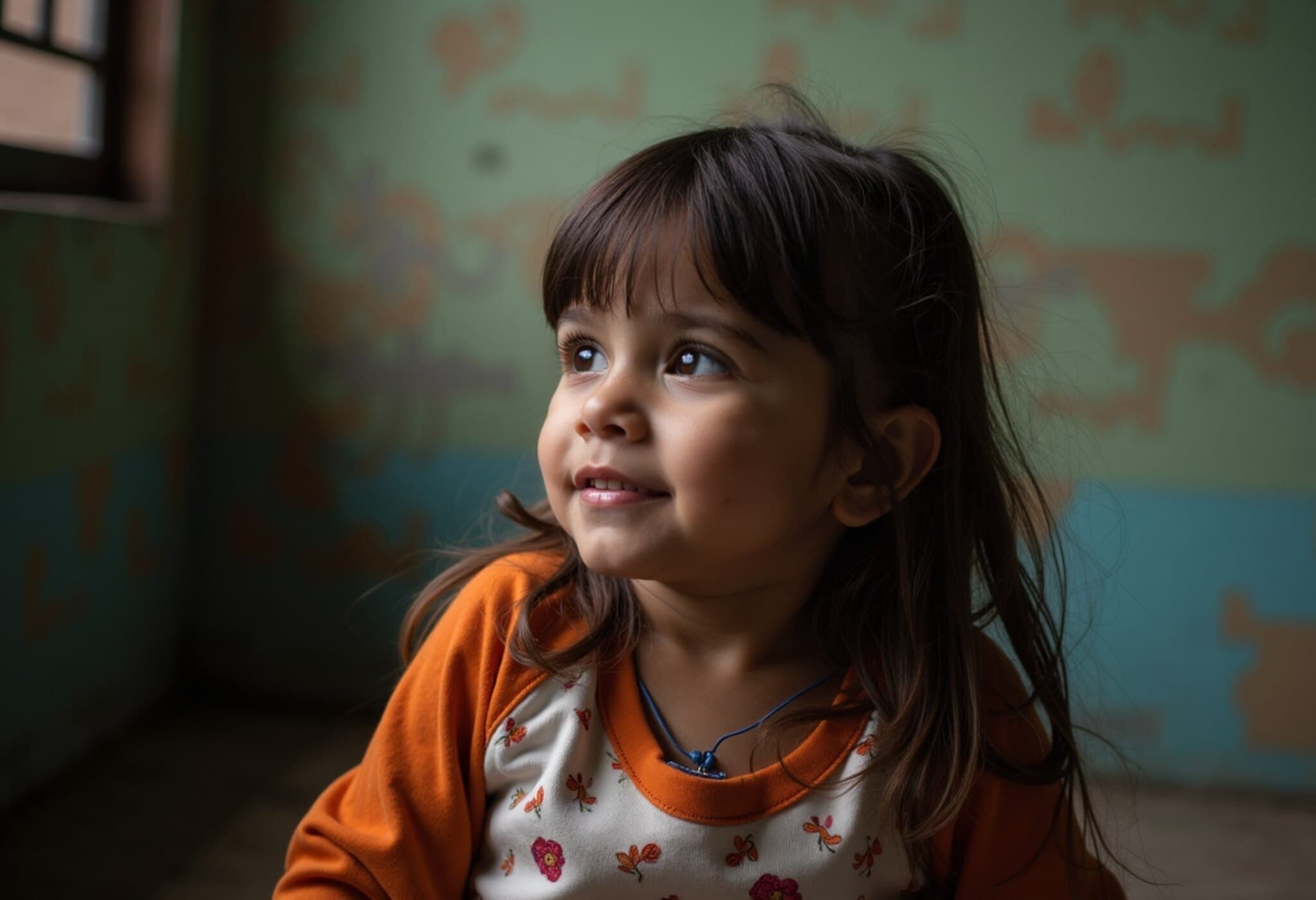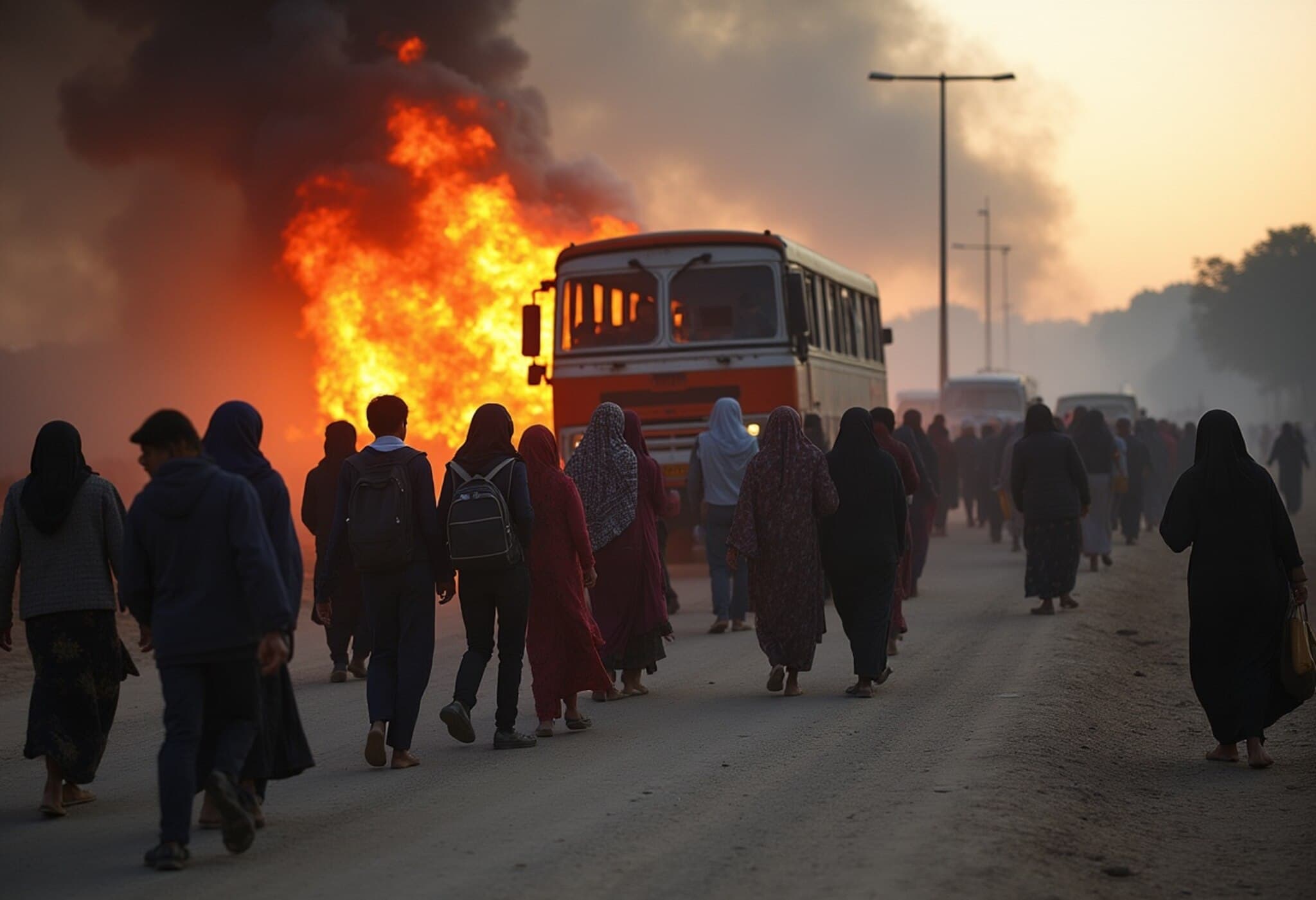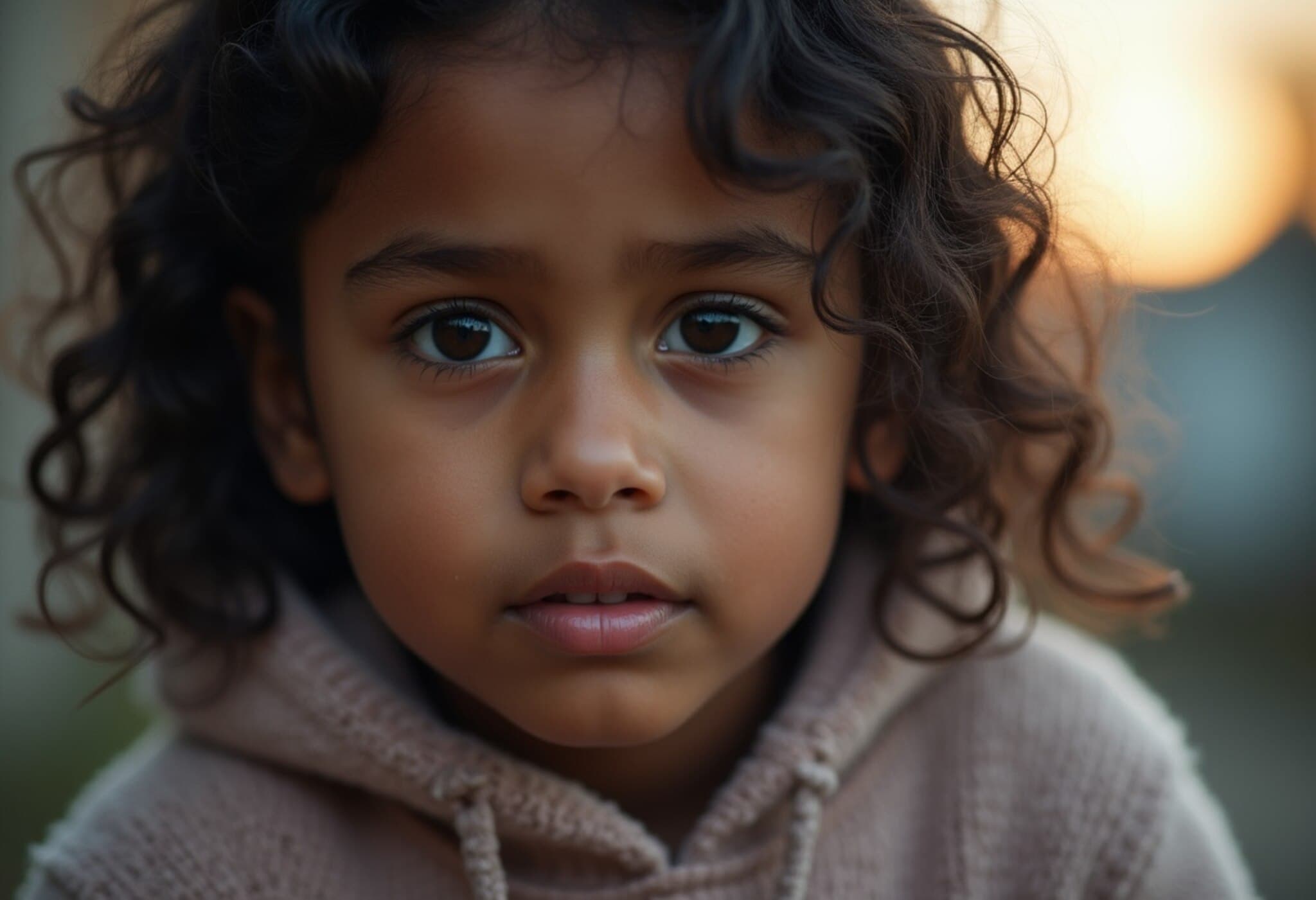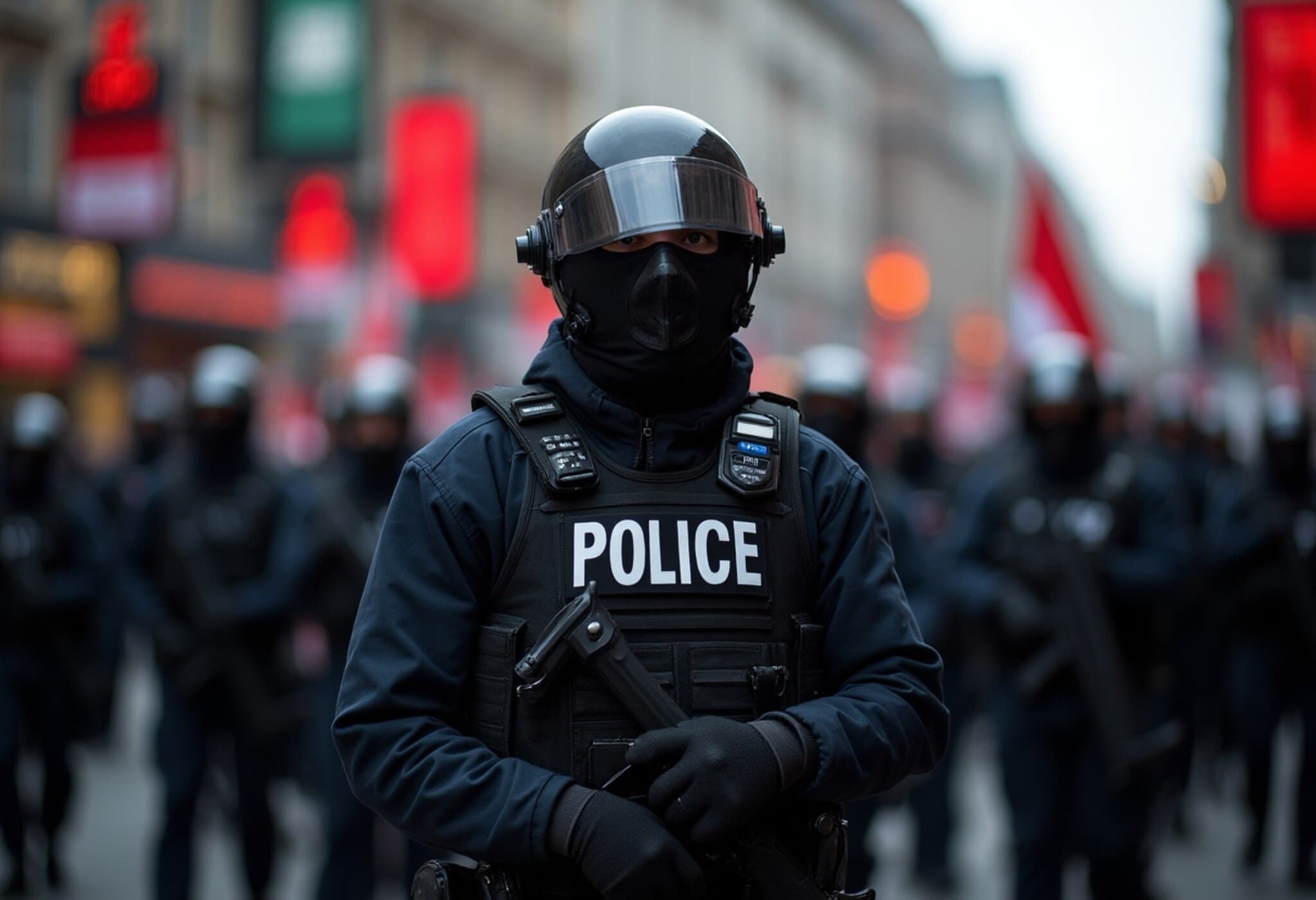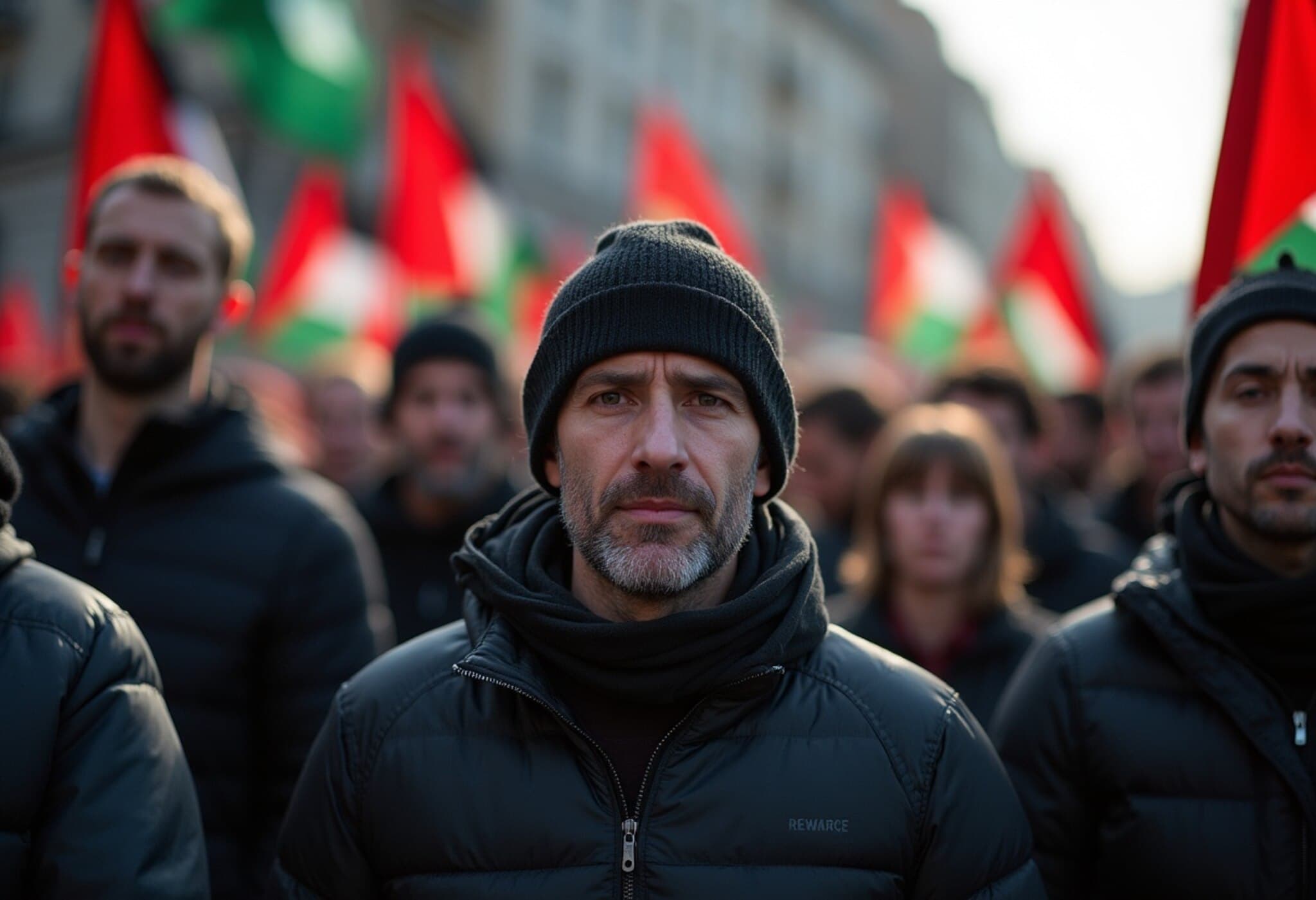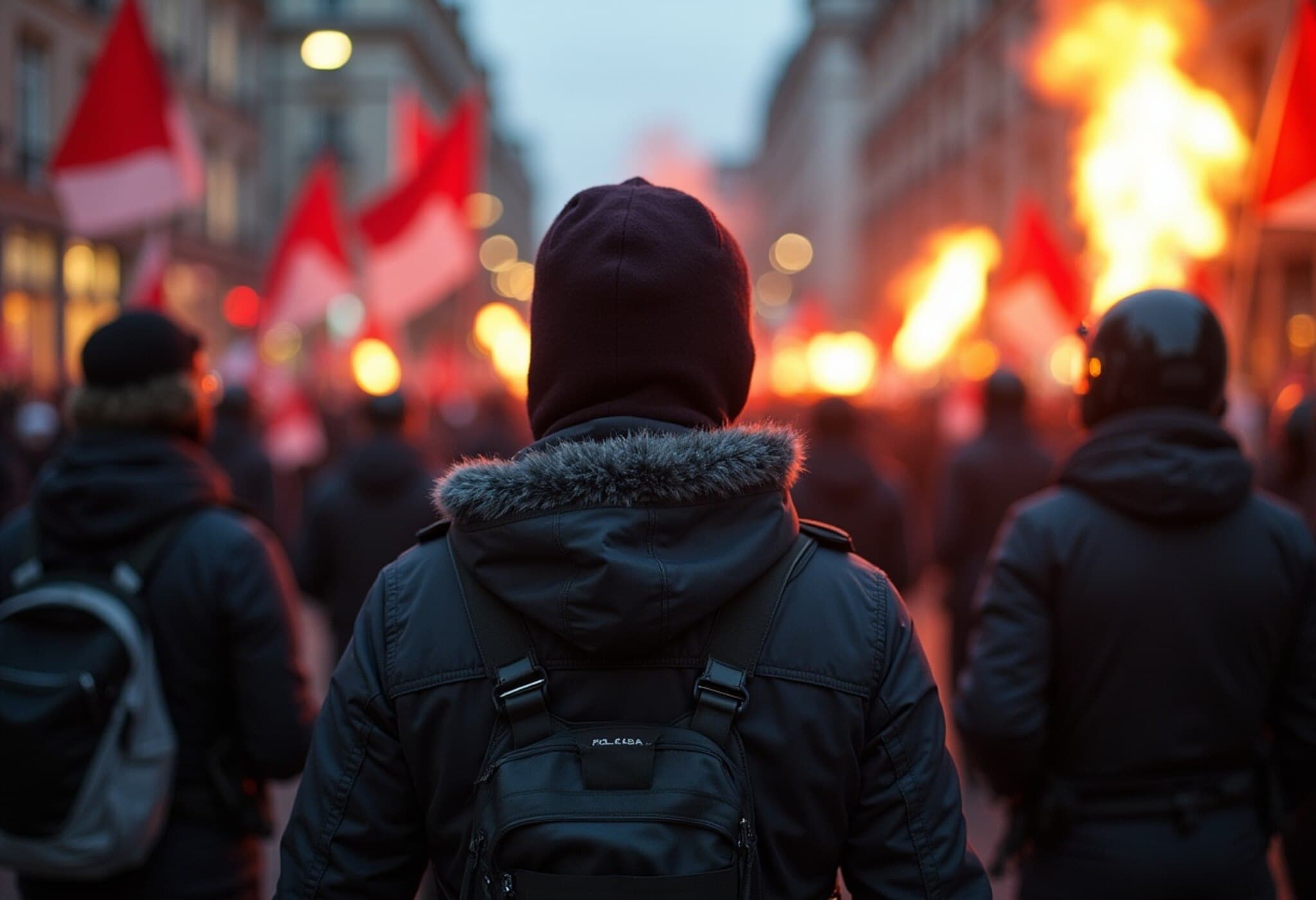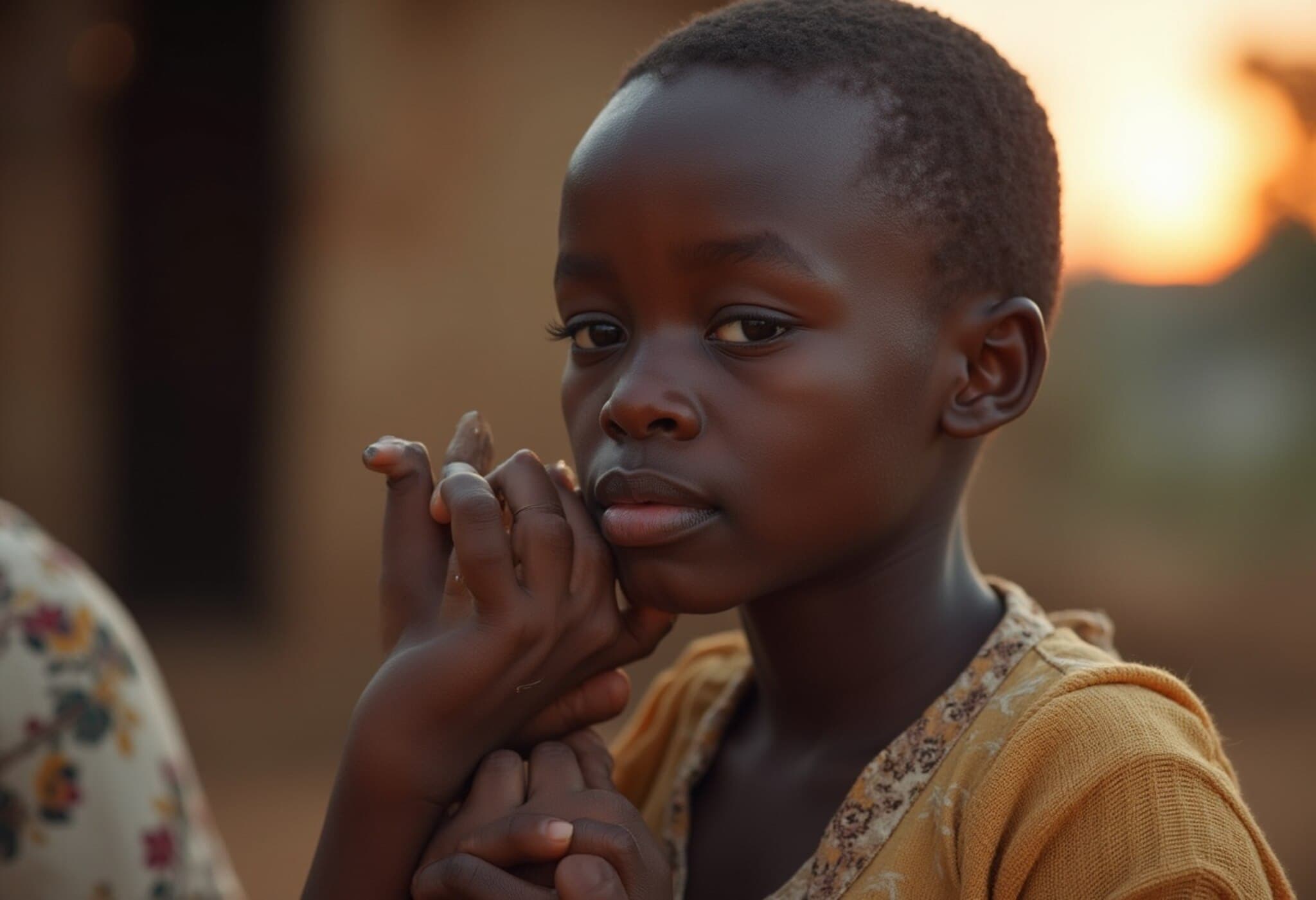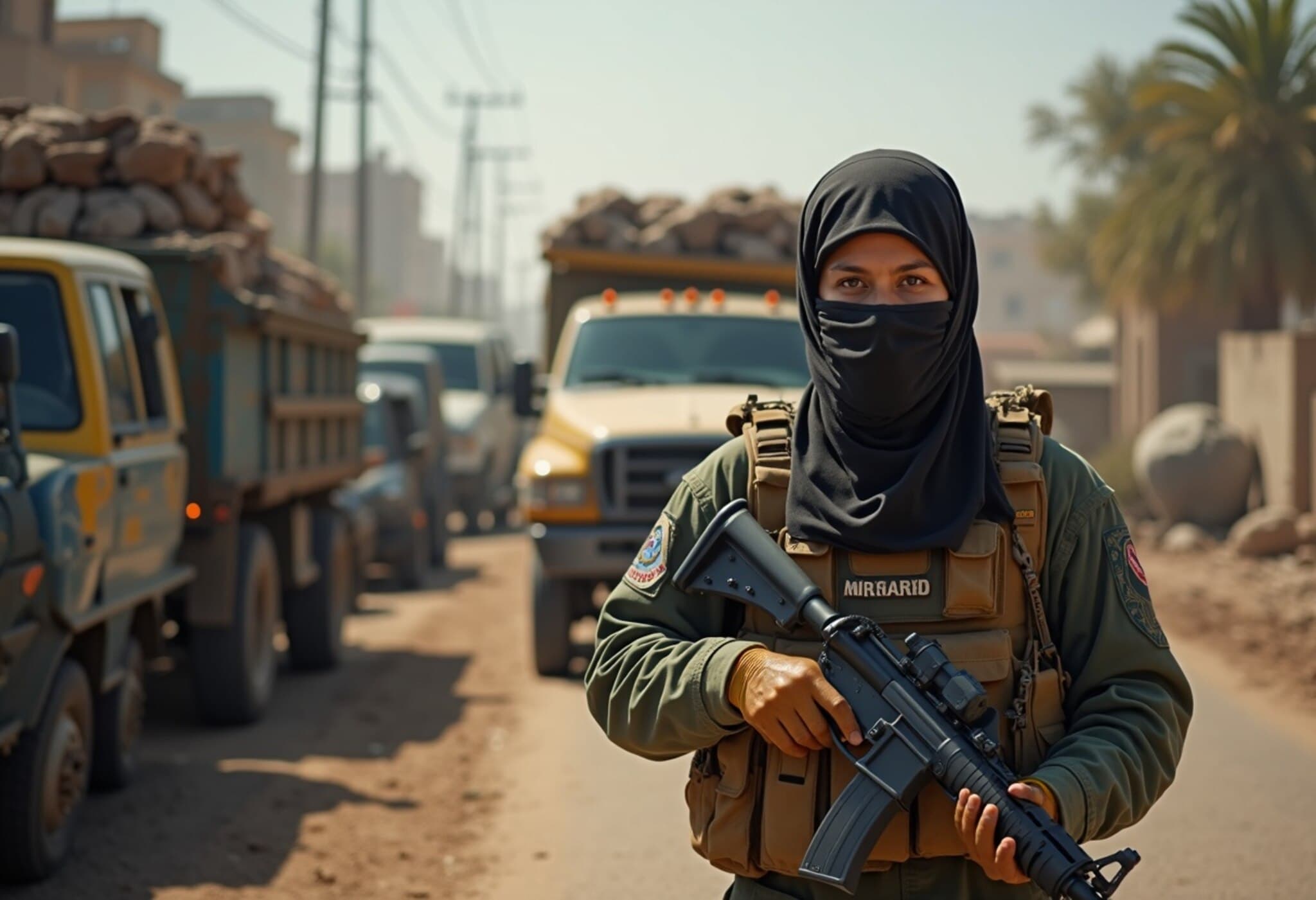Guatemala Holds Officials Accountable for Deadly 2017 Group Home Fire
In a landmark verdict that echoes the demands for justice in Guatemala, six former public officials were convicted on August 12, 2025, for their role in the tragic fire at the Hogar Seguro Virgen de la Asunción. This devastating blaze claimed the lives of 41 girls, who were cruelly locked inside a classroom at the state-run group home for vulnerable youth.
The incident remains one of the most harrowing tragedies in Guatemala since its civil war ended, highlighting ongoing challenges in the country's child protection and social welfare systems.
Details of the Sentencing
Judge Ingrid Cifuentes presided over the trial in Guatemala City, delivering prison sentences ranging from six to 25 years. While prosecutors had sought longer terms, the sentences reflect convictions for several serious charges, including child abuse, manslaughter, dereliction of duty, and abuse of authority.
- Santos Torres, the former head of Hogar Seguro, and Carlos Rodas, ex-leader of the government’s social welfare office, each received at least 20 years in prison.
- Lucinda Marroquín, a former national police officer possessing the key to the classroom yet delaying opening the door during the fire, was sentenced to 13 years.
- Brenda Chamán, responsible for overseeing the home's anti-abuse office, received 12 years.
- Luis Pérez Borja, a former police subcommissioner, and Gloria Castro, former children's ombudsman, were handed six-year sentences.
The courtroom was thick with emotion as family members of the victims and survivors embraced, a poignant reminder of the human cost behind the verdict.
Context and Implications
The Hogar Seguro fire underscores deep systemic failures within Guatemala’s social services. The girls were placed in this government institution due to vulnerability, yet their protection was gravely compromised, culminating in a catastrophe that shocked the nation.
Expert Analysis: From a legal perspective, this conviction sets a vital precedent in holding public officials criminally responsible for negligence and abuse in institutions meant to safeguard children. It also directs international attention to the intersection of human rights, governmental duty, and juvenile justice in Central America.
Moreover, the trial raises critical questions about ongoing reforms in Guatemala’s child welfare systems and the broader societal commitment to protecting marginalized youth. How can authorities ensure such a tragedy never happens again?
The Broader Human and Policy Angle
Historically, Guatemala has faced significant challenges in implementing effective child protective services, often hindered by limited resources, corruption, and institutional inertia. The Hogar Seguro incident spotlighted these vulnerabilities domestically and internationally, catalyzing calls for transparency and structural reforms.
This conviction carries symbolic weight for human rights advocates worldwide. It highlights the necessity for governments to guarantee safety and dignity to children under state care — a universal standard too often neglected in regions battling poverty and instability.
Looking Ahead: Justice Beyond the Courtroom
The road to truly safeguarding Guatemala's youth will demand more than convictions. It requires comprehensive policy overhaul, improved oversight, and community involvement to rebuild trust and provide genuine protection to at-risk children.
For families affected by the tragedy, the sentences offer some measure of justice, though the emotional scars remain deep. For the country, it is a call to action to uphold the human rights and welfare of its most vulnerable.
Editor's Note
The conviction of these six officials marks an important step in addressing state negligence and accountability. Yet it also unearths ongoing questions: What systemic changes are being implemented to prevent future abuses? How can Guatemala strengthen its child protection infrastructure amid socio-economic challenges? Readers are encouraged to reflect on the broader implications of institutional responsibility and human dignity, not just in Guatemala but globally.

